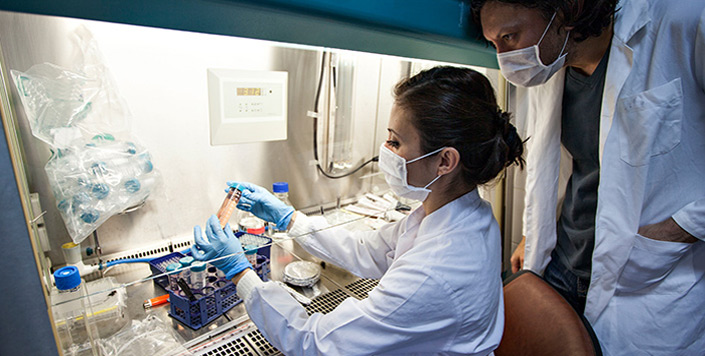
School of Medicine Publications and Presentations
Document Type
Article
Publication Date
9-21-2021
Abstract
Background
Hypertriglyceridemia has emerged as a critical coronary artery disease (CAD) risk factor. Rare loss-of-function (LoF) variants in apolipoprotein C-III have been reported to reduce triglycerides (TG) and are cardioprotective in American Indians and Europeans. However, there is a lack of data in other Europeans and non-Europeans. Also, whether genetically increased plasma TG due to ApoC-III is causally associated with increased CAD risk is still unclear and inconsistent. The objectives of this study were to verify the cardioprotective role of earlier reported six LoF variants of APOC3 in South Asians and other multi-ethnic cohorts and to evaluate the causal association of TG raising common variants for increasing CAD risk.
Methods
We performed gene-centric and Mendelian randomization analyses and evaluated the role of genetic variation encompassing APOC3 for affecting circulating TG and the risk for developing CAD.
Results
One rare LoF variant (rs138326449) with a 37% reduction in TG was associated with lowered risk for CAD in Europeans (p = 0.007), but we could not confirm this association in Asian Indians (p = 0.641). Our data could not validate the cardioprotective role of other five LoF variants analysed. A common variant rs5128 in the APOC3 was strongly associated with elevated TG levels showing a p-value 2.8 × 10− 424. Measures of plasma ApoC-III in a small subset of Sikhs revealed a 37% increase in ApoC-III concentrations among homozygous mutant carriers than the wild-type carriers of rs5128. A genetically instrumented per 1SD increment of plasma TG level of 15 mg/dL would cause a mild increase (3%) in the risk for CAD (p = 0.042).
Conclusions
Our results highlight the challenges of inclusion of rare variant information in clinical risk assessment and the generalizability of implementation of ApoC-III inhibition for treating atherosclerotic disease. More studies would be needed to confirm whether genetically raised TG and ApoC-III concentrations would increase CAD risk.
Recommended Citation
Goyal, S., Tanigawa, Y., Zhang, W. et al. APOC3 genetic variation, serum triglycerides, and risk of coronary artery disease in Asian Indians, Europeans, and other ethnic groups. Lipids Health Dis 20, 113 (2021). https://doi.org/10.1186/s12944-021-01531-8
Creative Commons License

This work is licensed under a Creative Commons Attribution 4.0 International License.
Publication Title
Lipids in Health and Disease
DOI
10.1186/s12944-021-01531-8
Academic Level
faculty
Mentor/PI Department
Office of Human Genetics


Comments
Copyright © 2021, The Author(s)